
Lisocabtagene maraleucel receives FDA approval for its first indication in patients with large B-cell lymphoma.

Your AI-Trained Oncology Knowledge Connection!


Lisocabtagene maraleucel receives FDA approval for its first indication in patients with large B-cell lymphoma.

Results from the phase 3 SOPHIA trial demonstrated that margetuximab plus chemotherapy had an acceptable safety profile which was comparable to that observed with trastuzumab plus chemotherapy.

The phase 3 KESTREL trial demonstrated that combination treatment with durvalumab plus tremelimumab did not display an overall survival benefit in “all-comer” patients with metastatic head and neck squamous cell carcinoma versus the EXTREME regimen.

Racial and socioeconomic factors were associated with varying levels of survival for patients with limited-stage small cell lung cancer, with improved survival noted among African American and Asian patients compared with White patients.

A cancer care expert from The Ohio State University Comprehensive Cancer Hospital talks about what patients and their providers need to know about the COVID-19 vaccine.

With an estimated 2.3 million new cases identified, the Global Cancer Statistics 2020 report indicated female breast cancer was the most commonly diagnosed cancer type.
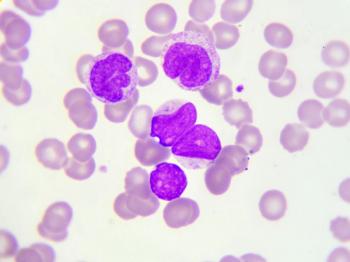
“MRD status after both induction therapy and consolidation therapy showed prognostic value. This may provide information for deciding timing of MRD assessment,” wrote the study investigators.

“As the current work is the largest ever published on adjuvant [fluoropyrimidine; FP] for patients with MSI stage III [colon cancer], it suggests that FP alone should not be recommended as adjuvant treatment for these patients,” wrote the study authors, who were led by Romain Cohen, MD, PhD.
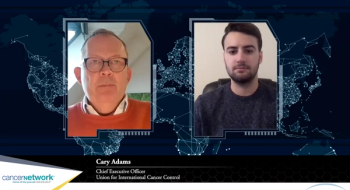
CancerNetwork® spoke with the CEO of the Union for International Cancer Control to learn more about their efforts in oncology amidst the COVID-19 pandemic, and the work they are doing on World Cancer Day.
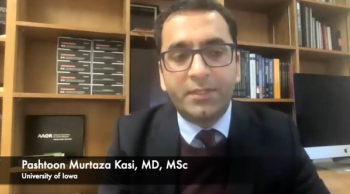
The novel search tool uses artificial intelligence to restructure trial information, making it easier for patients and providers to access clinical trial information.
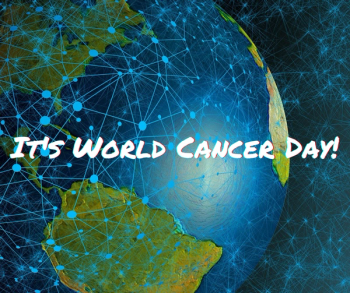
CancerNetwork® reviews the biggest news on initiatives and advancements in cancer care on World Cancer Day.

Patritumab deruxtecan, a HER3-targeted antibody-drug conjugate, appeared to be effective at the recommended expansion dose of 5.6 mg/kg in patients with metastatic or unresectable EGFR-mutant non–small cell lung cancer based on clinically meaningful antitumor activity and a manageable safety profile.

Patients with extensive-stage small cell lung cancer show greater response when atezolizumab is added to carboplatin and etoposide versus placebo in the IMpower133 trial.
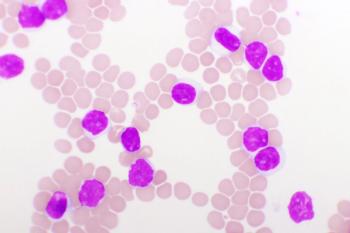
When also considering age and Rai score, the effect of Charlson comorbidity index score on mortality was found to be statistically nonsignificant for patients with chronic lymphocytic leukemia, although higher scores were associated with worse overall and relative survival.
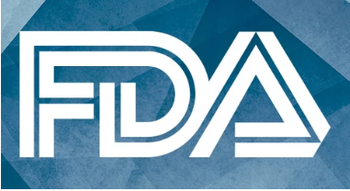
Based on results of the VISION study, the FDA has granted accelerated approval to tepotinib for MET exon 14 skipping altered metastatic non–small cell lung cancer.

Investigators suggested that findings across different clinics can help inform future implementation of the Colorectal Cancer Control Program (CRCCP).
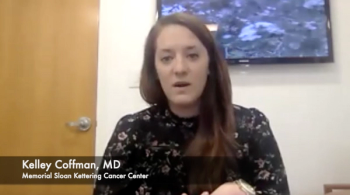
The hospitalist at Memorial Sloan Kettering Cancer Center highlighted important takeaways from a study which evaluated the use of 177Lu-DOTATATE in patients with well-differentiated, high-grade neuroendocrine tumors.
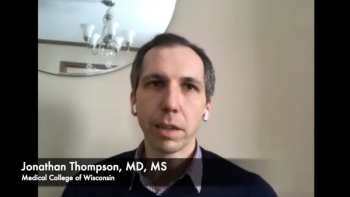
According to trial investigators, the results of the ongoing BFBC008 study point support the continued development of AXL inhibition with bemcentinib in order to extend the efficacy of immunotherapy in biomarker-selected refractory non–small cell lung cancer.

The urologist at Dana-Farber Cancer Institute/Brigham and Women’s Cancer Center spoke about the impact of a decline in cancer screening tests being performed during the first wave of the pandemic.

According to the study authors, an end-to-end deep learning approach to generate CT-based biomarkers may help produce more rapid clinical translation.

Data from this international study further developed the field of head and neck cancers, elaborating on contributions from key cancer-associated genes, proteins, and signaling pathways.

CancerNetwork®’s podcast features Justin Gregg, MD, lead author of a study investigating the Mediterranean diet and how it impacts men with localized prostate cancer.
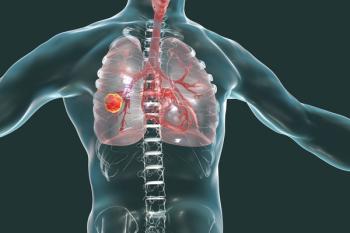
The MET inhibitor tepotinib demonstrated durable clinical activity in non‒small cell lung cancer tumors harboring MET exon 14 skipping mutations.

Unprecedented efforts from researchers and pharmaceutical engineers have brought about safe, effective vaccines, in record development times; now the focus must be on a federally coordinated program to administer those injections in the most efficient manner possible.

“Preliminary TRIDENT-1 data are very encouraging and support repotrectinib as a potential best-in-class treatment in ROS1-positive advanced NSCLC,” according to Byoung Chul Cho, MD, PhD.

To evaluate the association between radiation facility case volume and OS among men with lymph node–positive prostate cancer who receive external beam radiation therapy, this cohort study assessed men diagnosed with T1N1M0 to T4N1M0 disease treated with curative-intent radiotherapy and androgen deprivation therapy.
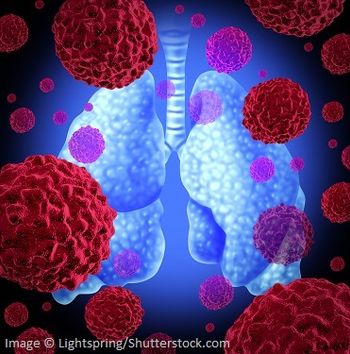
Savolitinib plus osimertinib overcomes treatment resistance in non–small cell lung cancer with oncogenic driver mutations.
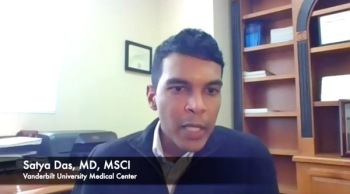
The expert in hematology/oncology discussed what research he is most looking forward to seeing the results of at the meeting.
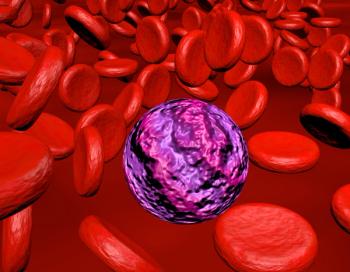
Based on the results of an analysis, investigators suggested that if high-dose daunorubicin and cytarabine is the selected consolidation treatment for younger patients with acute myeloid leukemia, a fourth course of therapy is likely beneficial for most.

The phase 3 NeoADAURA trial will examine both single-agent osimertinib as well as the combination with platinum-based chemotherapy versus chemotherapy alone in the neoadjuvant setting in patients with resectable, stage II to IIIB non–small cell lung cancer whose tumors harbor EGFR mutations.